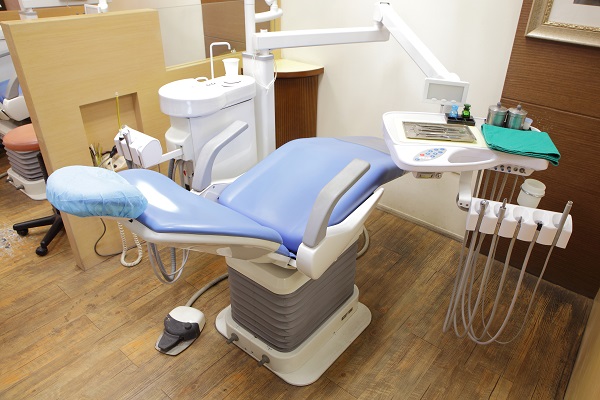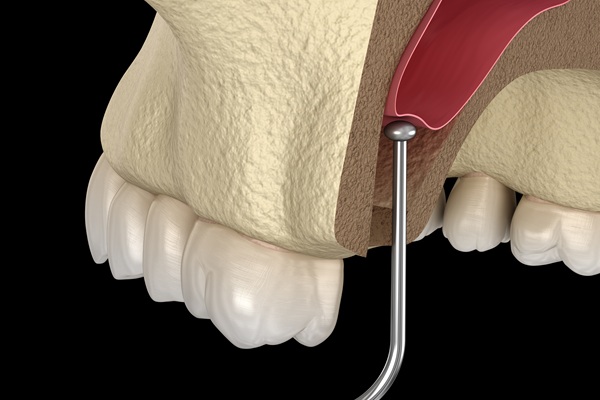Common Oral Surgery Procedures by a Dental Surgeon

Oral surgery, sometimes called maxillofacial surgery, refers to treatments performed by a dental surgeon on the soft tissues of the oral cavity, the jaw or the face. In most situations, the dental expert must go beyond the surface of the gums to treat the origin of the problem.
No one enjoys the thought of surgical procedures, but many conditions may necessitate having a procedure. If your dentist recommends any type of oral surgery, you should inquire to get enough information about the procedure. This article focuses on the common oral surgery procedures by a dental surgeon and what to expect when you visit the dental office.
Common oral surgery procedures
Impacted wisdom teeth
The last set of teeth to erupt are the third molars. These teeth may develop without bringing any trouble to the patients. But in most cases, these teeth may not erupt fully, or they erupt poorly and misaligned. This causes impaction in the gums and jawbone and has negative impacts on the well-being of the teeth nearby. To correct the situation, the erring tooth or teeth have to be removed by the dental surgeon.
Dental implant
If you lose one or more teeth, the dental surgeon may recommend using dental implants to replace them. This entails inserting titanium posts into the jawbone surgically, which will integrate into the bone and gum tissues with time. This will serve as a firm foundation to hold a surreal-looking prosthetic tooth (called a crown).
Dental implants are perfect for people with missing teeth seeking a lasting solution. The procedure may entail making incisions in the jawbone to accommodate the implant. If the bone is not full enough to hold the implant, bone graft surgery may be done before placing the implants. The grafting procedure will enable the bone tissue to hold the implants.
Sleep apnea
When regular, non-invasive treatments fail to help patients dealing with sleep apnea, the dental surgeon may need to extract excess tissues from the throat to lessen the symptoms remarkably.
Jaw Surgery
Misalignment of the jaw may impair facial appearance and cause poor jaw function. Surgery is usually vital to fix this issue and restore normal jaw functions.
Reconstructive surgery
Facial injuries and knocked-out teeth can cause serious difficulties with performing even the basic daily tasks, such as eating. This procedure helps to restore lost or injured teeth, repair damages to the jawbone and gum and fix jaw joint issues.
Biopsies
If there is a lesion in the mouth that appears suspicious, a biopsy may be required to examine the mouth for oral cancer. The dental surgeon will remove a fragment of mouth tissues and forward it to the laboratory for examination.
What you can expect from the procedure
Like every other surgical procedure, you will need time to recover. If the dental expert administered anesthesia for the procedure, you will not be fit to drive. This means you should probably have someone drive you home because you will feel stressed and dazed. The dental surgeon may prescribe painkillers to help with post-procedure pain. If there are precautions to take, the dental surgeon will give you a detailed guide informing you what to do.
Request an appointment here: https://brighton.drjstearns.com or call Platte Valley Oral Surgery at (303) 997-0223 for an appointment in our Brighton office.
Check out what others are saying about our dental services on Yelp: Oral Surgery in Brighton, CO.
Recent Posts
A sinus lift procedure goes by many other names, including sinus elevation, sinus augmentation, and sinus graft. It can be an important step in the process of having a dental implant placed in the upper jaw to replace a missing tooth. The procedure involves raising the floor of one of the maxillary sinuses and filling…
Facial trauma treatment differs based on the severity and location of the damage. Continue reading to learn how an oral surgeon addresses facial trauma. It can cause other medical issues, so it is important to seek treatment promptly. An oral surgeon is a face trauma specialist who is trained in maxillofacial surgery and treatment. They…
Oral bone grafting procedures can help restore mouth functionality, health, and appearance. These surgical procedures vary in type and extent. Continue reading to learn more about dental bone grafts, the surgical grafting process, and why someone might need oral bone grafts.Surgeons perform bone grafts throughout the body. Oral bone grafting occurs in the mouth, usually…
An oral pathology must receive immediate treatment. This can prevent more complications later on. Your oral surgeon can help correct any dental problem. Here are the details about each common oral pathology and its corresponding treatment.This oral pathology results from a bacterial infection because of plaque buildup. Symptoms of this condition include gum bleeding and…


